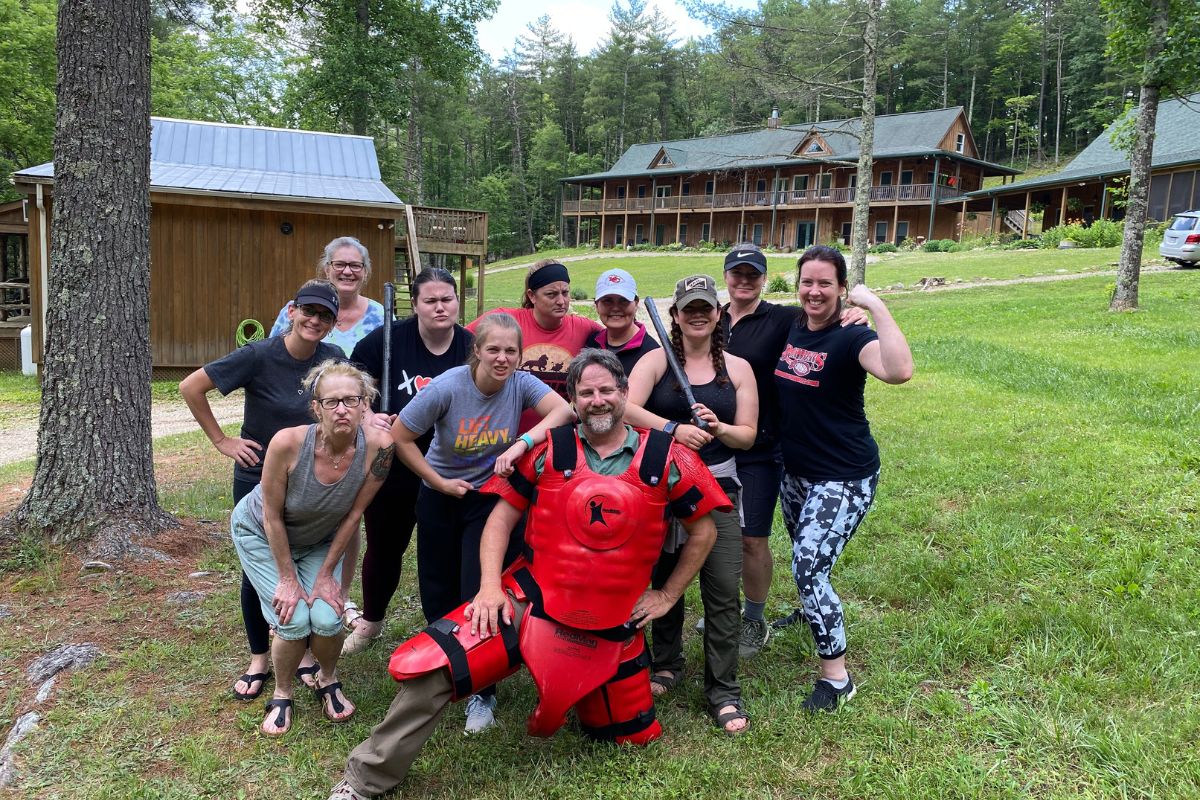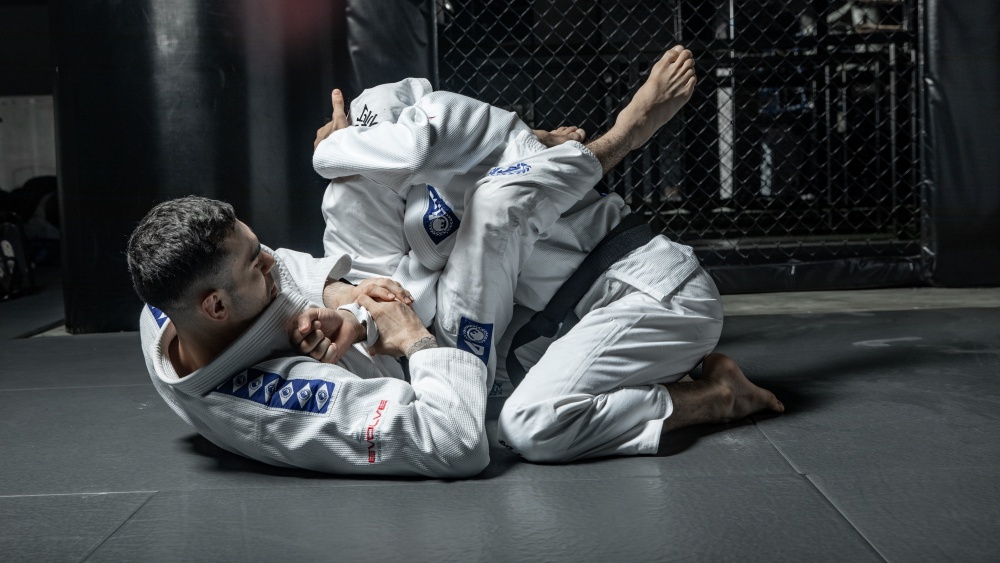
It can be difficult for victims to understand how to behave. Victims may not have the self-esteem and self-confidence necessary to realize their goals. Depression can also lead to this type of personality. There are ways to help victims of abuse.
It's a way of coping.
Dealing with the victim personality is essential. Often times, these people have had negative experiences or traumas in their lives that have shaped their view of the world. They may believe that life just happens to them, and that they don't have the power to change anything. They may also be resistant to advice and suggestions from others.
The victim mentality does not come from an inherited trait. Instead, it is learned. It is defined by a tendency for you to blame others and not take full responsibility for your actions. This attitude often prevents people from taking the actions that might have improved the situation.

It can cause poor relationships
Victims are likely to feel unhappy about themselves and have difficulty making decisions. Victims can also be prone to feeling guilt or shame and may blame others for their troubles. If you have a victim mentality, it is time to change. You may find it easier to overcome this mentality by talking to a therapist about your issues. You can also use some very effective methods if you don’t want to go to therapy.
To change your behavior, the first step is to recognize your limits. If you have a victim mentality, you may be pushing people away and not allowing yourself to grow. When you withdraw from someone or push them away, they will see that you aren’t being honest and open with them. A victim never does self-introspection. Instead they dwell in self-pity which makes it difficult to see the root problem.
This can lead you to self-destructive behaviours
These self-destructive behaviors are dangerous, and they can have many symptoms. They can lead you to financial ruin, self-harm or even violence. In some cases, they can even lead to problems at work or with co-workers or supervisors. Additionally, poor health can result from these behavior.
While it can be hard to overcome the victim mentality, there is help. First, you must recognize your limits. Do not allow yourself to become too sensitive. Instead, learn to detach from others and focus on yourself. A therapist will be able to help you, but not everyone is comfortable with a stranger. You can help to yourself in any case by acknowledging your flaws and seeking support if you need it.

It could lead to self harm
If you are prone to self-harm, you should see a healthcare professional. They can help you understand and manage the feelings behind the behaviour. You may also need to be treated for an underlying medical condition. To minimize damage and avoid relapse, it is crucial to act quickly. It's important to surround yourself with supportive people. They will listen and understand you, without judgement.
Self-harm has several risk factors. These risk factors include genetics as well as biological and environmental factors. Low self-esteem and aggression are two examples of psychological and biological factors. Environment factors include violence, family conflict, and sexual abuse. While few studies have examined the protective factors that prevent self-harm, evidence suggests that personal characteristics and social support can help to reduce self-harm.
FAQ
Do stun guns hurt people?
You're not wrong. A stungun works by injecting small amounts of current directly into the skin.
This does not cause permanent damage.
Are there any self-defense tips that are easy?
Self-defense techniques include punches. Kicks. elbows. knees. and other strikes. You may also be able to use grappling techniques such as wrestling, judo and jujitsu or karate, taekwondo and karate.
For protection against an attacker who would like to harm you, self-defense techniques are available.
They can also serve to defend yourself against someone who is attacking you.
There are many different ways to practice self-defense. Choose the one that is most comfortable for you.
Which weapon is best for self-defense?
Sharp knives are the best weapon you can use to defend yourself. A knife is the best weapon for self-defense.
It doesn't mean you have to buy a $100 folding blade just to keep yourself safe. You can do the job with a simple pocketknife. You can also add additional tools to make sure you are ready for anything.
What is the best self defense for women?
A woman should always carry pepper spray on her person at all times. If you are attacked by someone bigger than you, use it as soon as possible. It may save you life.
Women should also learn how to kick effectively. Kicking can be a great way to defend yourself from an attacker.
How much does a stun gun cost?
A stun gun can cost anywhere from $20 to $100, depending on the model.
Two batteries are standard on most models. The batteries are good for around three months.
Where can I purchase a stun gun
You can buy stun guns at many places.
Online stores such as Amazon.com, eBay and Walmart are available.
Brick-and Mortar stores such as hardware stores and sporting goods shops are also open to you.
What does a stungun do to an attacker
A stun gun uses electricity to incapacitate someone. It causes muscle contractions and stops them from moving. They become unable or unwilling to fight back.
Stun guns work best when applied to the neck or head.
The most common use of a stungun is to shoot at the victim's body parts until they become unconscious.
To scare attackers, some stun guns emit high-pitched sound effects. These stun guns are known as TASERs.
Statistics
- The Rape, Abuse & Incest National Network reports that 70 percent of sexual violence cases aren't committed by random strangers in a dark alley but by people we know: friends, family, partners, co-workers, etc. (healthline.com)
- Some people walk into a gym thinking they are going to become the best by training whenever they like and not putting 100% effort in. (budodragon.com)
- Most likely, you'll get tapped out by 90% of the people in your first 3-5 months. (mmaclan.com)
- Verbal harassment was the most common form, but 51 percent of women said they were touched or groped in an unwelcome way, while 27 percent of women survived sexual assault. (healthline.com)
External Links
How To
How To Survive A Home Invasion
Home invasion is a scary thought, especially when there are kids involved. We didn't know what it would feel like to be in the midst of home invasions when we began our home security installation journey. Here are the lessons we have learned thus far.
-
You must not allow your kids to see the attackers. Two men entered our home while our children were asleep upstairs. We kept them downstairs till the police arrived. They didn't harm our kids, but it was enough to traumatize them.
-
Lock Up All Valuables. All valuables are kept in a safe in the bedroom. Even if someone broke into the house, they won’t have access to it.
-
Keep an Eye out for Burglars. Our neighborhood has many burglaries. We pay attention to suspicious cars and people.
-
Always have a backup plan. We will provide financial support for our family in the event of an emergency. We have also made a plan to leave this country, if needed.
-
Be Prepared. If you ever find yourself in a situation where you must defend your life, you must be prepared. Make sure you have food, water, and other supplies ready.
-
Call 911 immediately. If someone breaks into your house, dial 911 immediately. It's better to call the authorities than to wait for them to break down your door.
-
Use common sense. Do not allow anyone to enter the house if they aren't welcome. You should not invite strangers to your home.
-
Seek out help from neighbors and other people in the local area. If you feel uneasy, call friends or neighbors. They will be able to watch your back and call the police.
-
Keep your cool and do as instructed by officers. Stay calm and do exactly as instructed by officers. Don't run away or resist arrest.
-
Take pictures of any evidence. Photograph any evidence that is found during an investigation. You can take pictures of fingerprints, blood samples, or other evidence.
-
File A Report With Local Law Enforcement. You can file a police report even if nobody was hurt. Doing so may prevent future crimes against you.
-
Get in touch immediately with the Insurance Company. Get in touch with your insurance company immediately. You can tell them all about what happened and they will send an adjuster out to assess the damage.
-
Remove Personal Belongings. Remove personal belongings before leaving the scene. If you're wearing expensive jewelry, take it off and put it somewhere safe.
-
You must take good care of yourself. Clean up after yourself. Clear away trash and broken glass. Make sure that all doors and windows are securely locked.
-
Don't Talk About What Happened. Do not talk about what happened to anyone. You never know who could use this information against your later.